#860 Astronomy, psychiatry, reflection
Foxtrot: Notes from the Bear Cave
by Jaime Smith
Victoria: FriesenPress, 2020
$13.99 / 9781525574726
Available from FriesenPress bookshop or Amazon
Reviewed by Peter Ward
*
 An autobiography may seek to explain, to persuade, to justify — or simply to recollect. Foxtrot does the latter and it’s richer for the choice. It’s a short book about a long life, a pathway with few straight lines and some sinuous curves, described with honesty and economy.
An autobiography may seek to explain, to persuade, to justify — or simply to recollect. Foxtrot does the latter and it’s richer for the choice. It’s a short book about a long life, a pathway with few straight lines and some sinuous curves, described with honesty and economy.
As a child of the American Midwest during the thirties and forties, James Smith (no doubt Jim to his family and friends) shared many of the youthful middle-class experiences of his time — public school, music lessons, Boy Scouts, Sunday School — and some less common ones as well: parental divorce and the occasional homoerotic experiment. In his late teens, with no clear vocational plans in mind, he enrolled in a 3-year bachelor’s program at the University of Minnesota. It offered him two important benefits: a broad introduction to the humanities and a deferral of his draft call to the US Army. By chance it also led to a student job and, somewhat later, a way of avoiding military service permanently. Having met his first-year science requirement by taking a course in Astronomy, he found work as a research assistant for his professor and, on graduation, employment photographing stars for him at an observatory in Argentina.
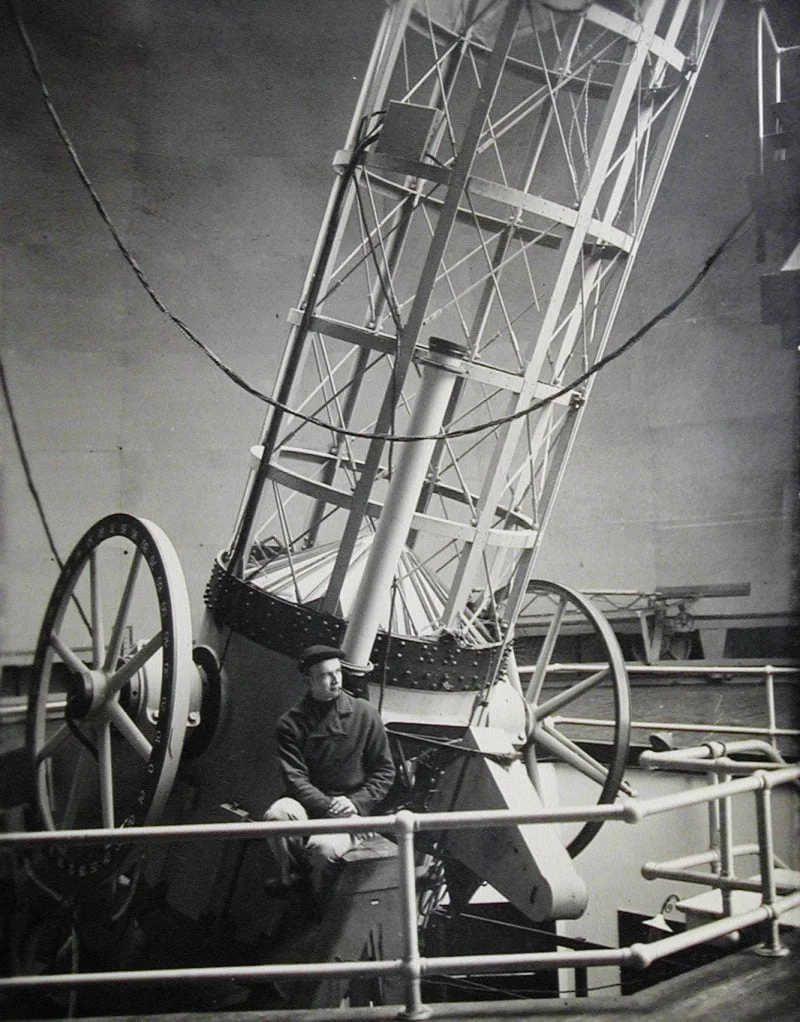
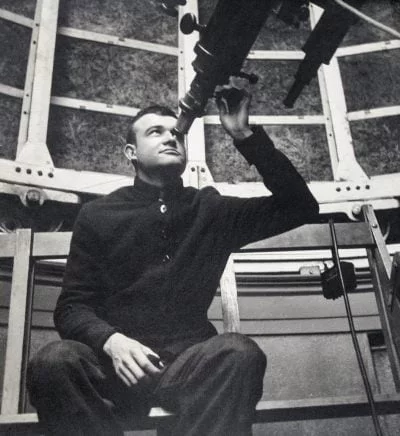
Thus, during the mid 1950s the new graduate became an American exile. In time came a new nationality (Argentinian), a new name (Jaime), a new freedom from his draft board’s claims, a new family life, and a new career in teaching. Some years later he returned to Minnesota for graduate studies in astronomy, ironically now a foreign student in the land of his birth. Then, increasingly uncomfortable in the US during the Vietnam War, in 1966 Jaime and his wife Cathleen gathered up their family and left once more, this time for British Columbia and a job teaching mathematics and astronomy at Notre Dame University in Nelson.
The Smiths shared much in common with many other Americans who moved northward during the Vietnam conflict. They were well-educated middle-class urbanites with leftish political leanings, critical of the ways in which the US fell short of its founding ideals, of its militarism in particular. They knew little enough about the country they were coming to, even if its reputation as a beacon of liberal internationalism had a certain broad appeal. In a practical sense, as well, Canada offered immigrants an open labour market, generous social benefits, and — for Americans, at least — enough familiarity to ease the transitions that all newcomers must face. Before long Jaime Smith and his family had settled into their new British Columbian home, though at this point his personal journey had just begun anew. The Nelson years were good ones for the Smiths, rich in the pleasures of the region’s natural beauty and its engaging small-town social life, though the community soon seemed to offer less than fulfilling professional prospects.
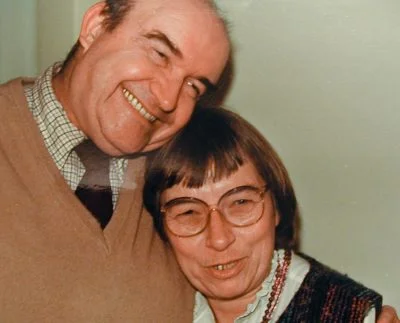
Then, restless after teaching college science for a few years, Jaime made another major career change. At the age of 38 he enrolled in Medicine at UBC. Eight years of intense study later he opened a psychiatric practice in Vancouver, one with a particular clinical focus on homosexuality. He entered the profession in the dark early days of the AIDs crisis and, by his own account, saw some 800 patients over the following decade, all of whom died.
His memoir paints a striking picture of a working psychiatrist’s life, the relentless demands of daily practice, the pressures of administrative responsibilities, the need to support colleagues in small, remote communities, the papers and conferences and travel that kept him in touch with evolving knowledge in a fast-moving field. In short, a full if exhausting life. Then retirement at 76 after a lengthy professional denouement and a number of health problems that seemed to increase with age.
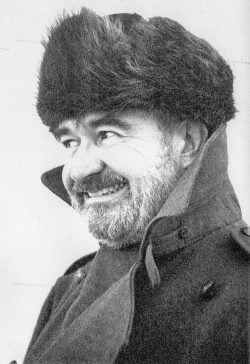
Woven into the narrative of Jaime’s career are four additional leitmotifs. His family was the main pillar of his life, founded on his abiding commitment to his wife and children. Jaime and Cathleen shared their affections, their enthusiasms, their responsibilities and their burdens for over five decades before her death in 2011, and his daughters remain close to him to this day. Over time a lifelong engagement with classical music led to his growing interest in opera — the greatest of all the theatrical arts and one that fathoms the emotional truths of our lives. While he doesn’t explore the subject, the many ties between psychiatry and the great western operatic tradition must surely have touched his professional as well as his personal life. His lifelong passion for motorcycles (he owned 15 at one time or another) brought him the pleasures of the open road. Finally, and perhaps most important of all, came the increasingly open acknowledgement of his male friendships and his own homosexuality, linking the professional with the personal over his adult lifetime.

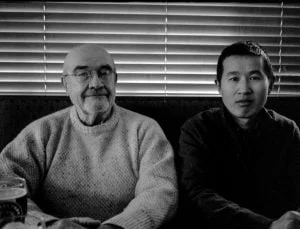
Life’s greatest task is the ongoing quest for self-knowledge and this theme lies just below the surface of Foxtrot, present but unexplored. Yet Jaime Smith has obviously been a life-long quester. His life is a reminder of what Mozart and da Ponte observed more than two centuries ago:
Happy is the man who looks
At everything on the right side
And through trials and tribulations
Makes reason his guide.
What always makes another weep
Will be for him a cause of mirth
And amid the tempests of this world
He will find sweet peace.
If Foxtrot is any guide Jaime has found his sweet peace too.
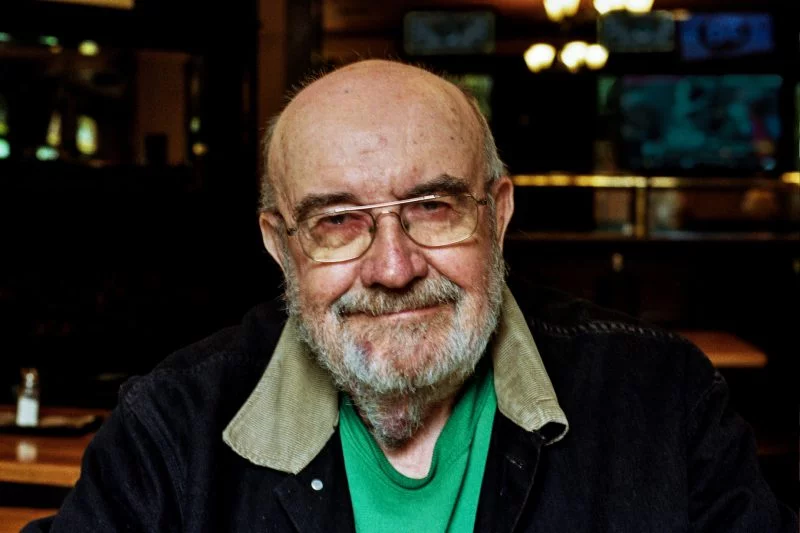
*
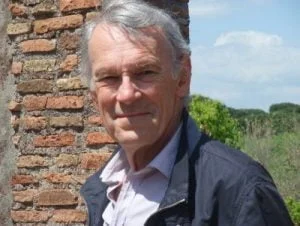
Peter Ward is Professor emeritus of history at UBC, having retired at the end of 2011 after a career that spanned 4 decades. A 3rd generation western Canadian, he grew up in Alberta and received his early university education there. He then earned a PhD from Queen’s before moving to Vancouver in 1973. His research and teaching interests lie in two broad areas, the social history of Canada and the history of population health, subjects on which he has published widely. His early work focused on the history of migration from Asia to western Canada and the long history of anti-Asian sentiment in British Columbia. Later studies included works on family formation in 19th century Canada, the influence of industrialization on women’s health and welfare, and the history of domestic space in Canada. He has published extensively in leading national and international journals. His most recent book is The Clean Body: A Modern History, which appeared in November 2019.
*
The Ormsby Review. More Books. More Reviews. More Often.
Publisher and Editor: Richard Mackie
The Ormsby Review is a journal service for in-depth coverage of B.C. books and authors. The Advisory Board consists of Jean Barman, Robin Fisher, Cole Harris, Wade Davis, Hugh Johnston, Patricia Roy, David Stouck, and Graeme Wynn. Scholarly Patron: SFU Graduate Liberal Studies. Honorary Patron: Yosef Wosk. Provincial Government Patron since September 2018: Creative BC
“Only connect.” – E.M. Forster
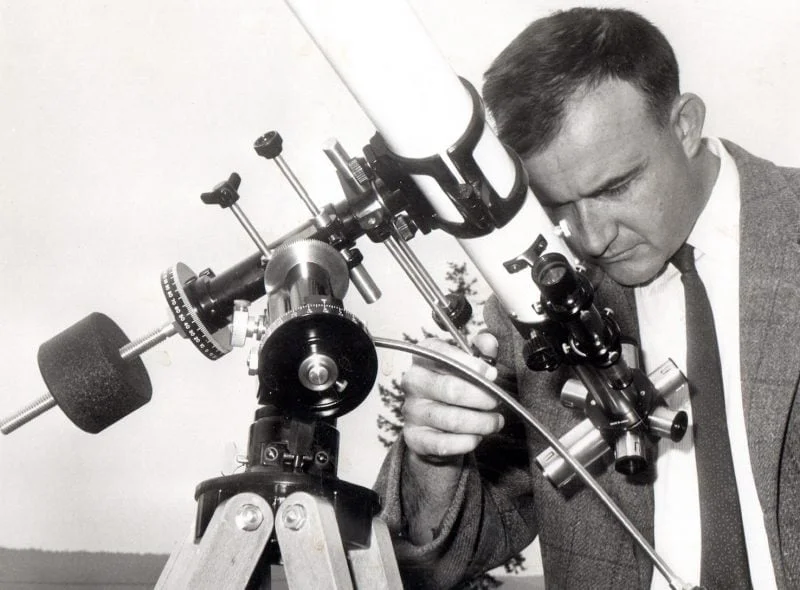
2 comments on “#860 Astronomy, psychiatry, reflection”
I am impressed, Jaime, for the forthright and eloquent coverage of your life. Immensely interesting and accomplished, yes? To think that we lived in the same house, Mrs. Francis Smith’s on Baker Street in Nelson, taught at the same Nelson university, and travelled around the Kootenays in the 60s in my little red Beetle, is a story in itself. You wrote well of your studies, clear and poignant. We shared many political and social views. You are remarkable in everything you have undertaken.